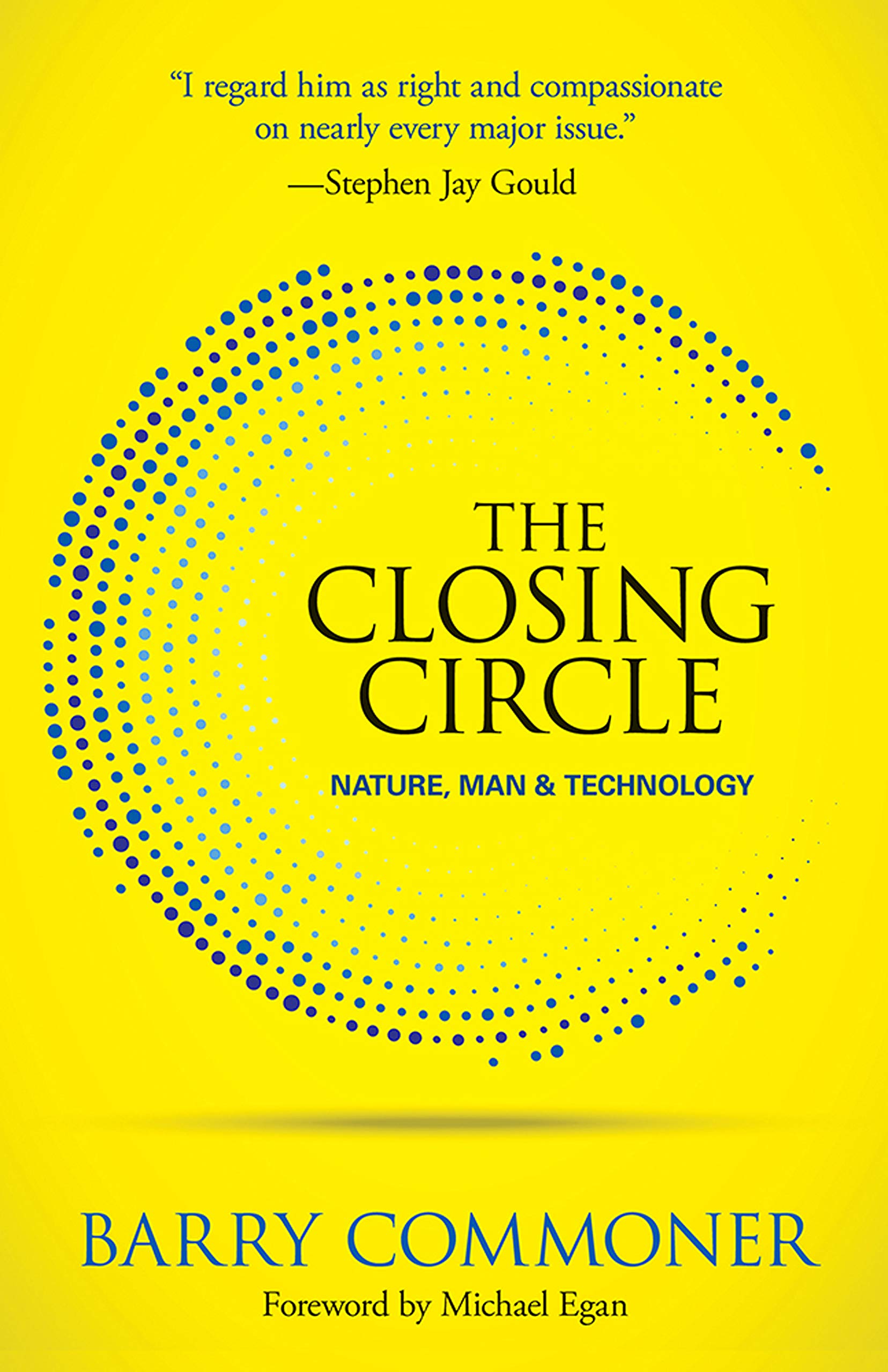What do you think?
Rate this book


355 pages, Kindle Edition
First published October 1, 1971
„Sweeping social change can be designed only in the workshop of rational, informed, collective social action. That we must act is now clear. The question which we face is how.“
„Rozsiahle spoločenské zmeny možno plánovať len v dielni racionálnej, informovanej a kolektívnej spoločenskej iniciatívy. To, že musíme konať, je dnes už jasné. Otázka, pred ktorou stojíme znie, že ako.“